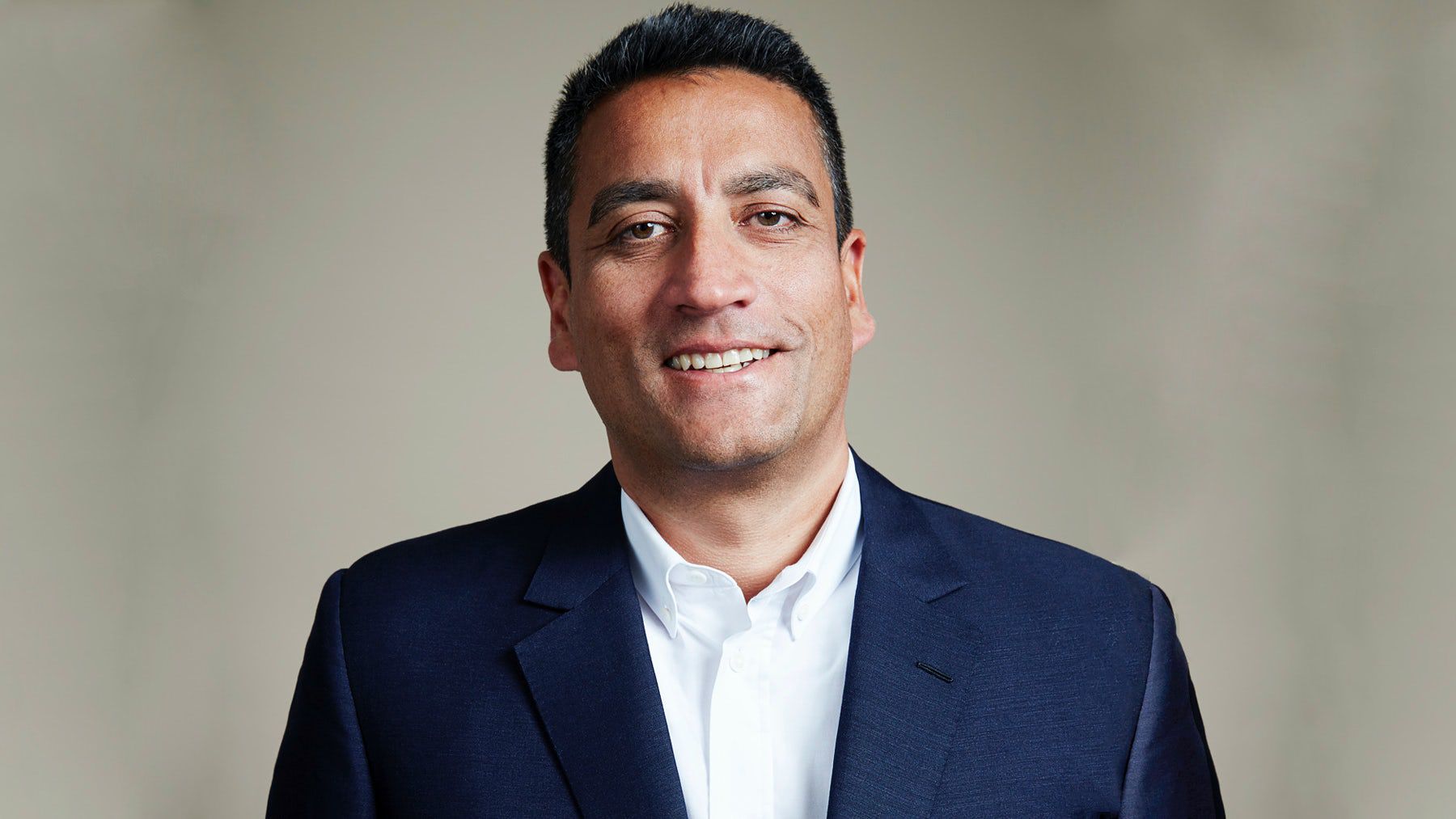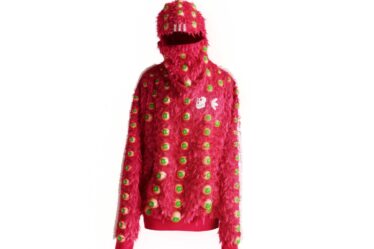
LONDON – Under the leadership of two Brits—chief executive Jonathan Akeroyd and designer Daniel Lee—Burberry hopes to accelerate sales by boosting accessories and leaning into the brand’s unique British identity, growing annual revenues to £4 billion ($4.75 billion) mid-term.
In a presentation at the brand’s headquarters Thursday, CEO Akeroyd laid out his much-anticipated plan for the heritage house, which will include introducing cooler, more relatable products and clarifying the brand’s message — refocusing on Britishness — to build on the strategy of brand elevation undertaken by his predecessor Marco Gobbetti.
Akeroyd joined Burberry in April, tasked with fuelling growth after revenues had continued to stagnate during a years-long plan to reposition the brand more firmly in the luxury segment. While Burberry had made progress adopting a more modern, luxurious identity and investing in its burgeoning leather goods business, the brand has struggled to deliver top-line growth during a period when rivals including LVMH, Kering, and Hermès soared.
Pivotal to revitalising sales will be Daniel Lee, the 36-year-old Yorkshire native named to succeed former design chief Riccardo Tisci last month. The house is betting that Lee, best known for reinvigorating Kering-owed Bottega Veneta, will refresh Burberry’s offer leveraging his knack for creating upscale accessories that are both fashion-forward and commercial.
Under Gobbetti and Tisci (both Italians), Burberry explored a more diverse, contemporary take on Britishness than its previously more conservative, preppy focus. But the brand often got weighed down talking about Britishness, rather than actually using Britishness as a platform to talk about something else. Burberry now plans to “strengthen its connection with British craft, design, and art,” the brand said. The aim is to make Burberry a cooler, more desirable name that better leverages its British identity to stand out in a crowded market.
“The next phase is about realising our potential as the modern British luxury brand,” Akeroyd told investors. “We have an opportunity to really harness the power of the brand, which will drive growth.”
Akeroyd said he aims to grow annual sales from £2.3 billion to £5 billion, hitting the £4 billion mark within three to five years—roughly in line with the brand’s pre-existing target for achieving high-single-digit annual growth.
Burberry announced its new strategy while reporting first-half financial results. Sales rose 5 percent year-on-year excluding currency shifts, to £1.3 billion, slightly above analyst expectations. Adjusted operating profit rose 6 percent to £238 million.
Akeroyd said the brand would continue to focus on growing sales in the high-margin leather goods category, where Burberry has made progress in recent years but still trails industry leaders. Accessories made up 37 percent of sales last year, while shoes remain just a sliver—meaning the brand still depends far more heavily on the complex, less-profitable business of apparel than top luxury rivals. Burberry now hopes to double sales of accessories mid-term, eventually crossing the threshold of more than half the company’s revenues.
The brand also said it would double its business in shoes (Lee’s brightly-coloured rain-boots and square-toed Lilo pumps were hits at Bottega Veneta), as well as women’s ready-to-wear by creating a “relatable and wearable wardrobe.” Where Tisci’s streetwear-inflected menswear gained traction in recent years, the designer’s S&M-meets-officewear propositions for women were a tougher sell. The outdoors—natural territory for an outerwear brand—will also become a focus, in both communications and brand’s product offer.
Burberry’s product refresh will be accompanied by increased investments in publicity—with marketing spend forecast at high single-digit levels in the coming years.
Burberry said it would also continue to invest in converting boutiques to an updated store concept put in place under Gobbetti. That more luxurious platform for the company’s products, which highlights its accessories offer, will be implemented in all locations by 2026, Akeroyd said.



